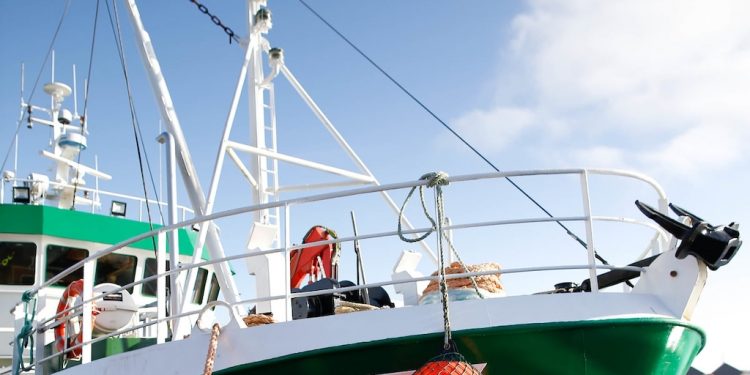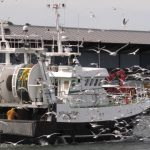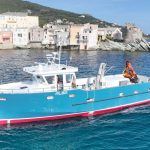More than 6700gt of capacity will leave the Irish fishing fleet as fishing vessel owners have accepted offers under the Voluntary Permanent Cessation Scheme to decommission their vessels. This is below the 8000gt initially identified by the Seafood Taskforce as necessary to remove from the Irish whitefish and prawn fleet to ensure post-Brexit profitability.
Offers have been accepted for 42 vessels have accepted for a total capacity of over 6700 gross tonnes, equivalent to 84% of the Seafood Taskforce target. The total cost for decommissioning will be approximately €63 million. The forty-two vessels comprise a mixture of prawn and whitefish trawlers, seine netters, gillnetters, and beam trawl vessels, spread around fishing ports.

The scheme is administered by Bord Iascaigh Mhara (BIM), and is funded under the European Commission’s Brexit Adjustment Reserve (BAR). It forms part of a €268 million package provided to-date to the seafood sector post-Brexit.
‘We understand that any decision to voluntarily decommission vessels is a very difficult one for vessel owners and BIM has been working closely with the industry in recent months to assist vessel owners through the process,’ said BIM Chief Executive Caroline Bocquel.
‘Recognising the magnitude of choosing to stop fishing, BIM is confident that the result of the scheme will help put the sector on a firmer financial footing and deliver a more sustainable future for the industry. By restoring the profitability of the fishing sector, it will help those remaining in the sector and support the wider economies of Irish coastal communities.’
This will not impact Ireland’s overall quota share. The decommissioning of a significant number of vessels will free up an estimated €30 million of quota for species such as prawns, hake, monkfish and haddock for those vessels remaining in the fleet.
This effectively means that remaining Irish vessels will have more Irish quota available to them allowing them to have a more sustainable future.
Vessel owners who have adgrred to decommission their vessels must do so in a manner that is environmentally compliant, by 31st October this year. To date, four vessels have already been decommissioned in specialist recyclers based in New Ross and Limerick and the scheduling of the rest of the vessels for decommissioning is underway.









